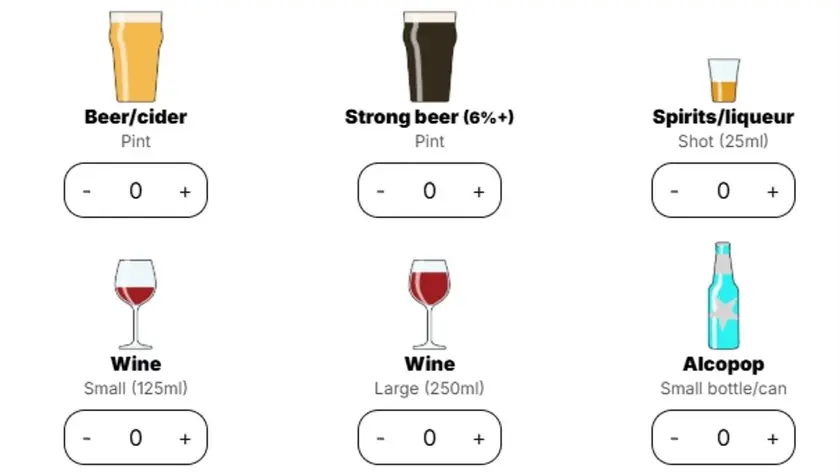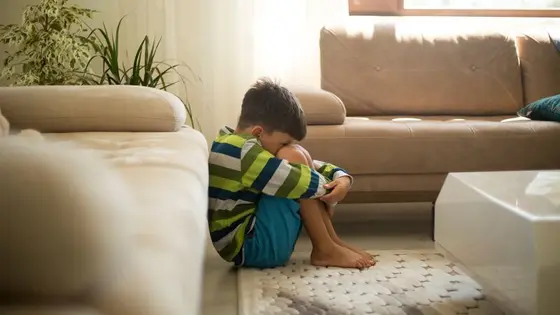T4K3.news
Binge gaming linked to youth mental health risk
A study from Hong Kong ties binge gaming to anxiety, depression and sleep problems among youths; findings call for guidance for families and schools.

A Hong Kong study links binge gaming with mental health risks among youth and raises questions for families and schools.
Hobby enjoyed by millions of young people linked to risk of serious mental illness, shocking new study reveals
A Hong Kong study surveyed 2,592 schoolchildren and found that 31 percent binge game, defined as five hours or more of continuous play on a console or PC. The pattern was more common in boys, with 30 percent bingeing at least once a month and 14.3 percentage points higher among boys. Binge gamers reported higher rates of anxiety, depression, stress, loneliness, and poor sleep, and more symptoms of internet gaming disorder. Researchers say binge gaming may signal an initial phase in the progression of IGD and other social and health issues, and note ADHD and autism may also be risk factors.
Key Takeaways
"Binge gaming may signify an initial phase in the progression of IDG and other severe social, physical and mental health issues."
Study authors' assessment
"they added other risk factors may lead to the development of the disorder like attention deficit and hyperactivity disorder (ADHD) and autism."
Context from the article about risk factors
"The gaming disorder has even been labeled as a health condition by the World Health Organization (WHO)."
WHO recognition in the article
The study highlights a familiar tension: gaming connects and can build skills, yet it also risks harming wellbeing for some youths. It shows correlations, not causation, and calls for careful framing to avoid blaming players or parents. Policy should focus on support, not punishment, and promote digital literacy and balanced routines. The wider context includes rising mental health concerns in schools and mixed findings from other research on gaming benefits versus harms. More data and clearer guidelines could help families, schools, and clinicians tailor advice without stigmatizing a popular hobby.
What is needed now is practical guidance for families and schools, more mental health resources, and clearer signals about healthy gaming habits. The goal is resilience and informed use of screens, not moralizing or fear. The piece hints at broader questions about how youth mental health is tracked and addressed in different countries, suggesting a shared search for best practices.
Highlights
- Screens shape minds but balance shapes futures
- Moderation is a shield against a flood of dopamine
- Wellbeing beats high scores when youth are at stake
- Facts not fear should guide our talks about gaming
Mental health risk linked to binge gaming
The study links binge gaming with anxiety, depression and sleep problems in youth. While causation is not proven, the pattern warrants cautious interpretation and targeted guidance for families and schools.
Balancing play and wellbeing will require practical guidance and sustained attention from parents, teachers, and health professionals.
Enjoyed this? Let your friends know!
Related News

Smartphone Use Before Age 13 Linked to Mental Health Issues

New study links smartphone use in youth to mental health issues

UK Alcohol Guidelines Face Scrutiny After Record Death Toll

Weight-loss drugs linked to increased eating disorders in the US

Tobacco marketing in the metaverse raises youth health risks

Study reveals severe impacts of childhood verbal abuse

Weight loss drug raises mental health alarms

Research reveals benefits of gaze-based meditation
